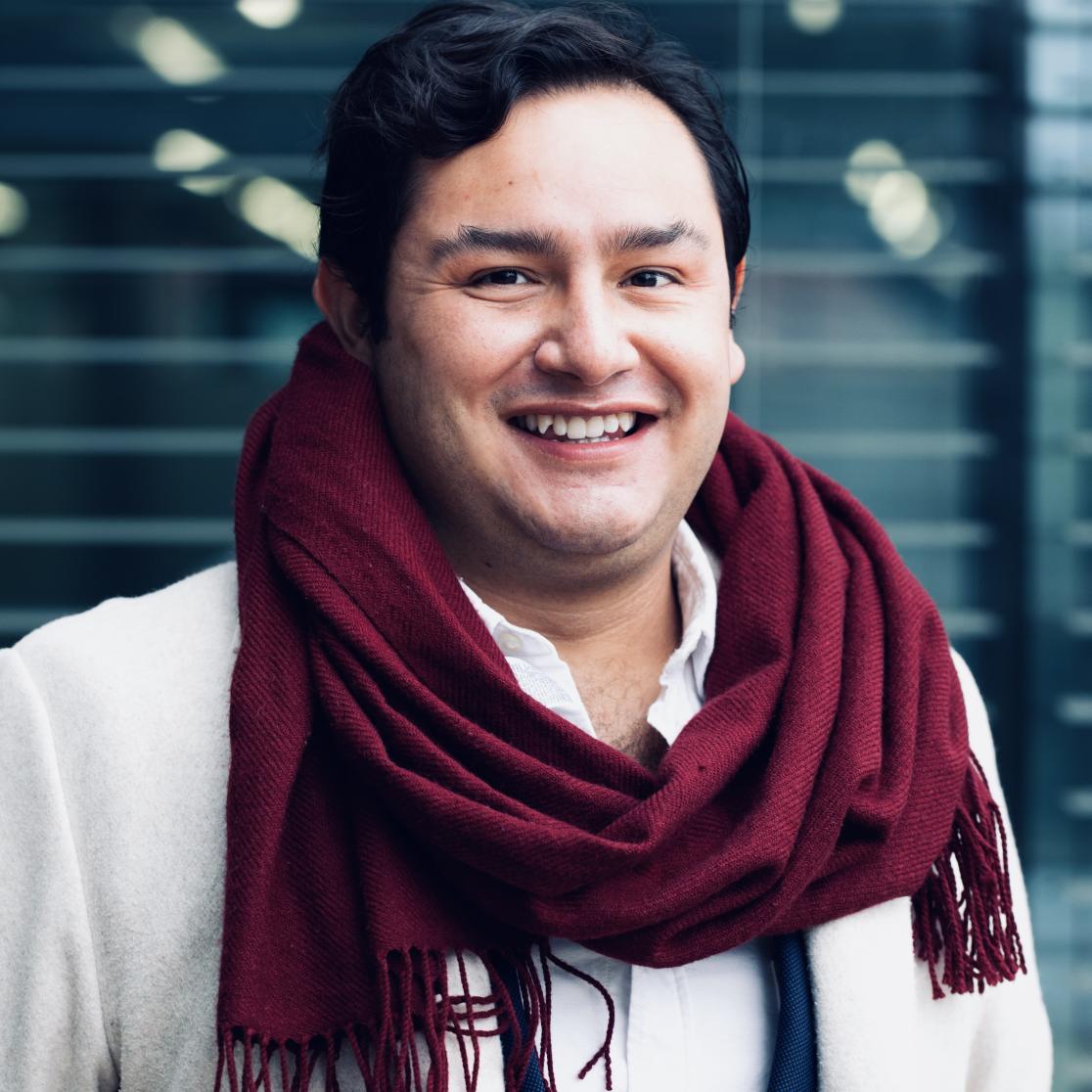Critical International Law Speaker Series
The aim is to invite leading Critical International Law scholars to Maastricht and discuss and debate cutting-edge questions in the theory of international law. Critical International Law has been indispensable in bringing contemporary questions on the relationship between international law and issues such as global justice, the legacy of colonialism, post-colonial globalisation, race, gender, the position of the Global South and the realignment of the global order to the attention of mainstream international legal scholars. The goal of the speaker series is to spark deep critical thinking on these questions.
Daniel Ricardo Quiroga Villamarin
Daniel is a Scholar in Residence, Decolonial Futures Research Priority Area, University of Amsterdam
Lecture title: Architects of the Better World: Democracy, Law, and the Construction of International Order 1899-1998

Abstract:
Even before the US President Harry Truman famously urged the attendants of the 1945 United Nations Conference on International Organization to see themselves as “architects of the better world,” the field of global governance had already proven to be fertile ground for metaphors drawn from architecture. In the collective imagination of both practitioners and scholars, the international legal order appears as a vast and towering edifice: a structure with its own “architecture” that overlooks areas of governance sustained by normative pillars. And yet, international law’s castles were not built solely in the air. The metaphorical use of architectonical language in the existing literature only hides the discipline’s profound lack of engagement with the material and concrete spaces in which international law is produced, contested, and disputed. Architects of the Better World is the first book-length analysis of the architecture of international cooperation as a central component of international legal history. It studies the intersections between the built-environment, democratic ideals, and the institutionalisation of international law in the twentieth century. During this period, multiple international institutions designed and sponsored the construction of a series of purpose-built edifices to give the international community a room of its own. I follow this process from the first Hague Peace Conference (1899), through the Versailles settlement (1919), all the way to the end of the Cold War (1998). I analyse these new edifices in relation to the promise of democratising interpolity relations throughout the century: from Geneva to New York City; from Bogotá to Addis Ababa; and from Vienna to Rome.
Also read
-
Conversations on Alternative Legal Education: Law and Cinema
The Conversations aim to create a space for an agile and open discussion among legal educators interested in the use of alternative instruments of teaching. Speakers will share their experiences by discussing methodological choices, challenges, and lessons learned. All attendees are invited to...
16 Sep -
Law & Popular Culture Lecture series
Underlining the value that non-conventional approaches to law offer to a better understanding of social sciences, this Lecture Series aims at sparking continuous debate and dialogue.
31 Oct31 Dec -
Master’s Open Day
We hope to welcome you on campus at our next Master's Open Day and give you a good impression of what studying at Maastricht University is all about.
15 Nov